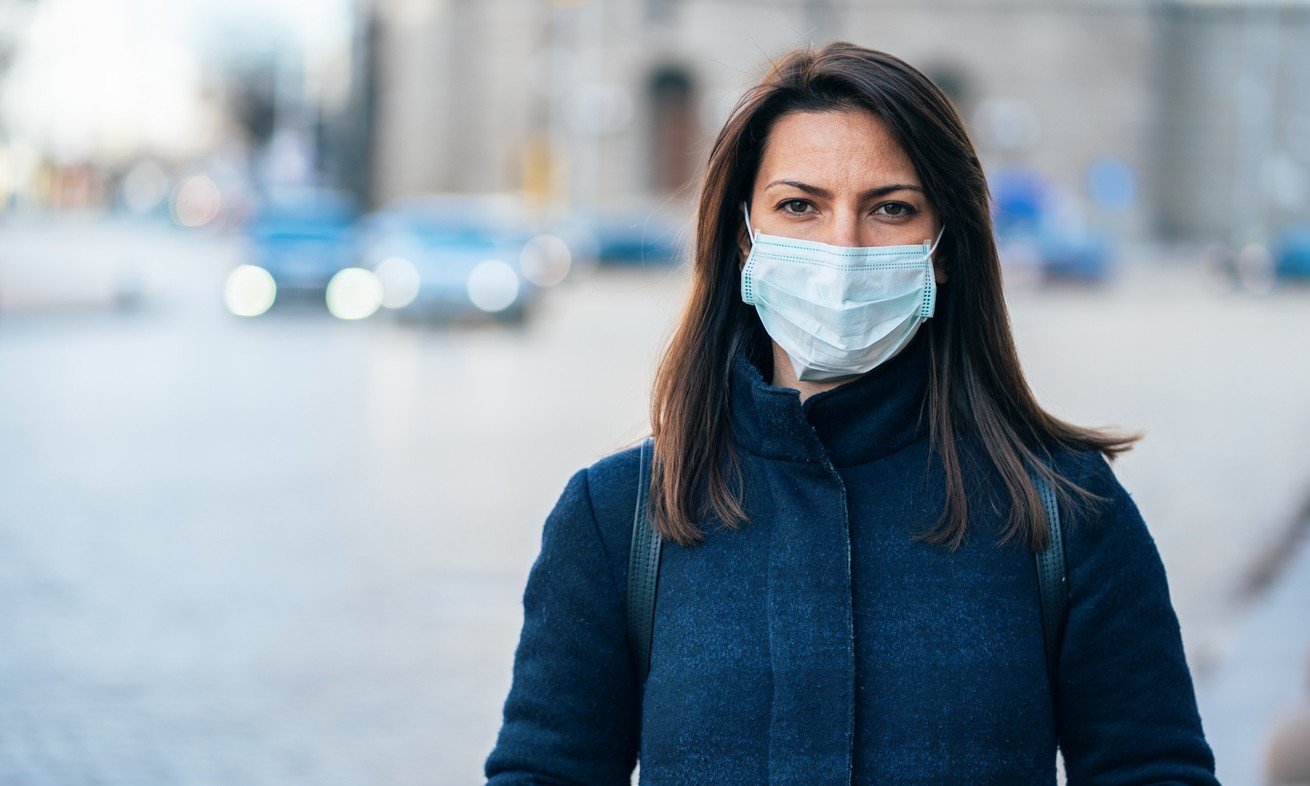
It's difficult to gauge all the effects, both positive and negative, that the coronavirus pandemic will leave behind in our world. There are so many aspects of our lives that have drastically changed in its wake, and it's safe to say that there will many things that will not go back to "normal" when this all subsides. The way we will live our day-to-day lives will be impacted, and a lot of our habits might change.
More from MamásLatinas: 16 Tips for staying focused while working from home with kids
There's no telling just yet how this has impacted us mentally and what will happen or how we will act as a society when this is all said and done. If there is anything that being on social isolation has taught us, it's how much we miss going out and spending time with friends and loved ones, but even those interactions might change going forward. Historically, pandemics like these do tend to create a shift in people's lives, both negatively and positively. Aside from many people having to mourn the loss of loved ones, there are so many other things we might have to say goodbye to after our global survival of this COVID-19 pandemic, as well as changes we can embrace going forward.
Shaking hands might be a thing of the past.
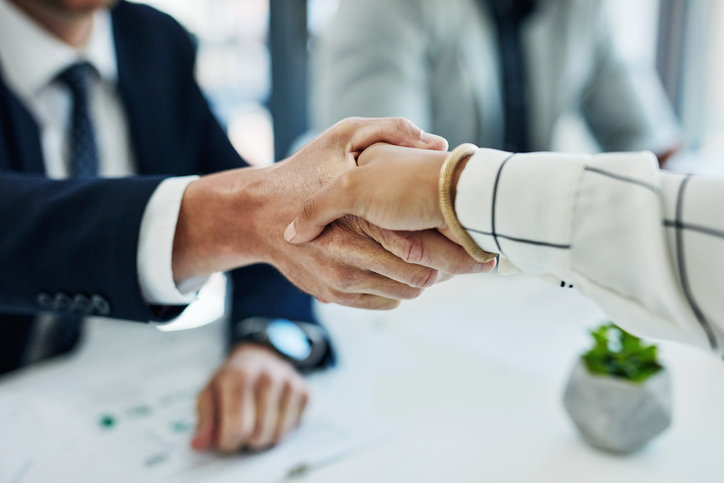
Shaking hands was identified as one of the quickest ways to spread the virus early on, and it caused a lot of people to put a stop to the practice of greeting people altogether. What will happen now? Can we trust that people are in fact properly washing their hands? Or will we be forever changed and simply greet people verbally or with a head nod? One thing is for certain, if you do have to shake someone's hand for whatever reason, find the closest bathroom and wash your hands as soon as possible, before touching anything else.
Good personal hygiene habits will be more important than ever.
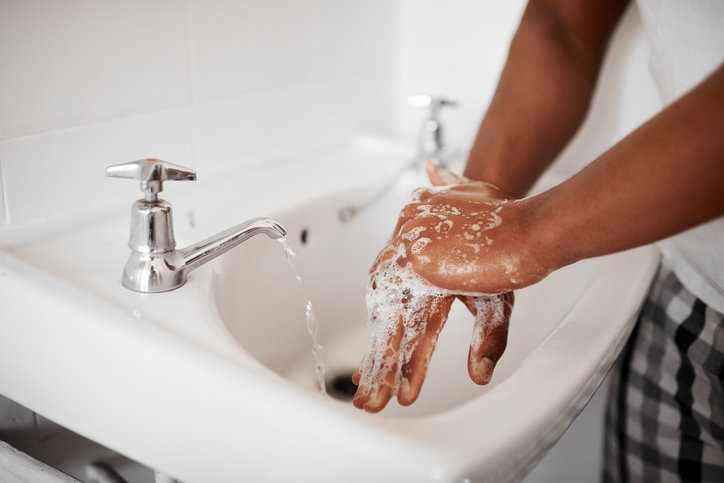
With news of the virus spreading, the major advice that's been given is that people wash their hands for at least 20 seconds with soap and water. It was almost baffling to find out that people weren't doing so already, but it is safe to say that perhaps now with the fear that we've acquired in all this, people will be more hygienic and clean themselves, their homes, their clothes, etc. more often. Another important habit we can all learn to include in our daily lives is to make sure we clean our phones, tablets, and computers every single day to avoid the spread of any other disease.
Our appreciation for essential workers will grow.
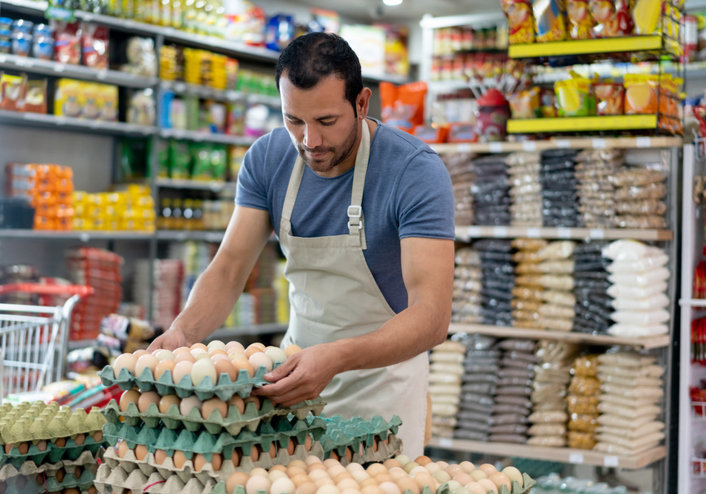
While professions in accounting, law, and medicine have always been prestigious and respected, this pandemic has exposed the people who really are the glue in our society. Not everyone has the privilege to work from home, and they have to get up every morning to head to their jobs, putting themselves in danger in order to make sure that essential parts of our society are still functioning. Grocery store workers, field workers, delivery people, post office workers, nurses, social workers, construction workers, maintenance people, bus drivers, fast-food workers, train conductors, and many more have been at the forefront of this crisis, making sure that people's basic needs are met. From this point forward, as a society, it would be wonderful if we all looked at these people with the respect and admiration they deserve.
Going out to eat might be a lot different from we're used to.
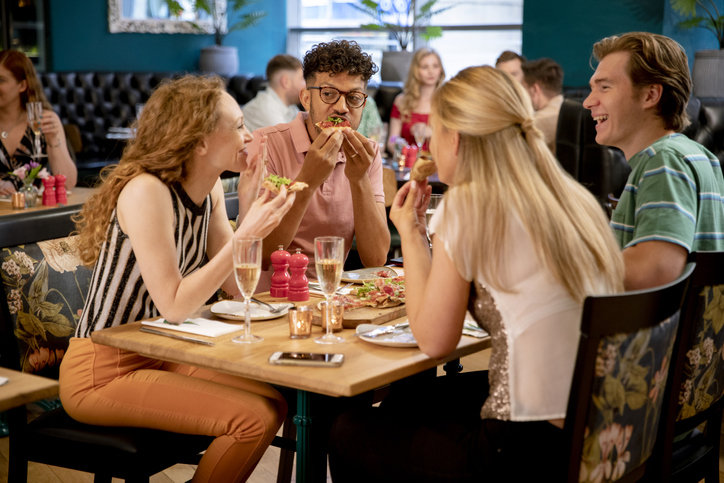
If you used to enjoy going out to eat to the best restaurants with friends and family, that might change after this. Popular restaurants tend to be crowded and full of people, and that might not be where you want to be after a pandemic. Restaurants are predicted to be some of the hardest hit businesses during this pandemic, and once they reopen their doors, they might have to reduce the capacity of guests allowed at any given time to allow more distance and space between tables. That might affect wait times and prices, and it could eventually cause financial troubles for eateries.
Perhaps hugs will become a rare occurrence.
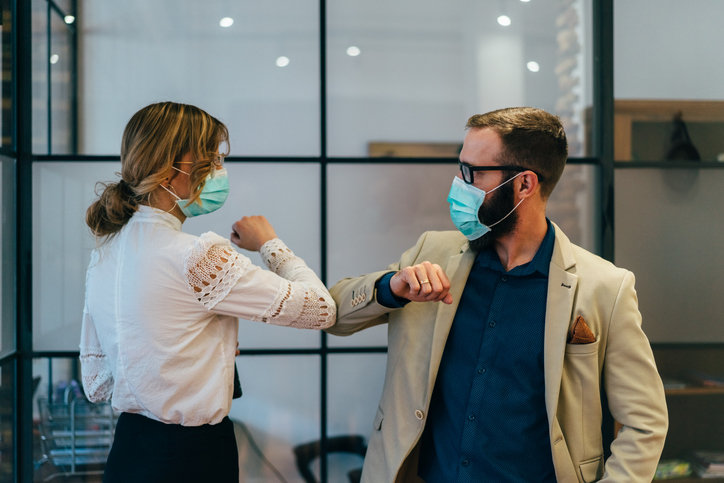
One of the toughest things to get used to in all this is the lack of affection from our loved ones whom we can't see at the moment. Even the people we are on lock-down with might be afraid to get too close, and it has been advised that people stay away from pets like cats and dogs who have also tested positive for the virus. So where does that leave us after this is done? Will we be afraid of embracing our loved ones in the future? Will we, as a society, change how often we hug the people we love out of fear?
Our commutes will most likely change.
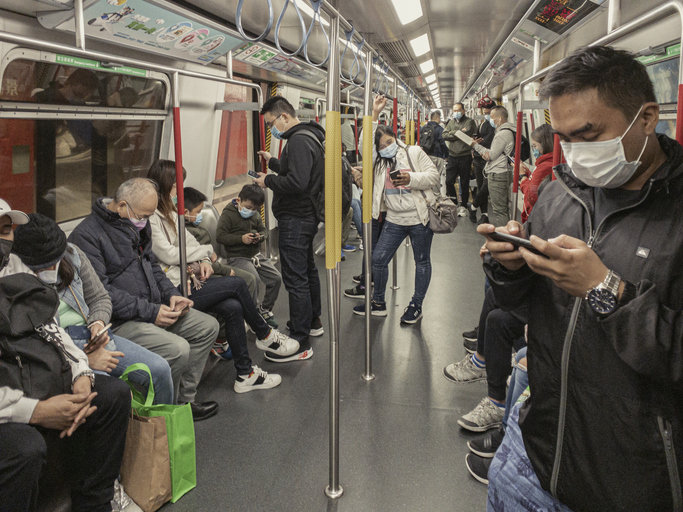
Being in a crowded space with people used to be stressful before, but it will be even worse after this. We've been advised to keep our distance, at least 6 feet apart from each other, but that's hard to do while on public transportation. The best thing we can do is adopt the habits and measures of people in other countries by wearing masks and gloves while on the train, subway, or bus.
Making dinner with family a tradition.
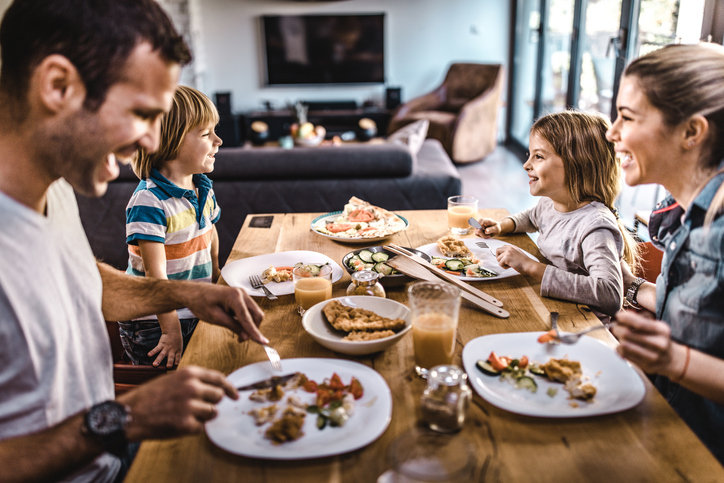
If you were fortunate enough to be on lock-down with your family or loved ones, then you most likely shared the majority of your meals together as a group. This is a great tradition to put in place in your home, and as everyone goes back into their usual routines, take at least a few days a week to share breakfast together at the table and a few nights to sit together as a family for dinner. This is a great way to captivate that feeling of closeness we've been able to share with our loved ones these past few months and carry it with us from this point forward. The foods we eat might also change, and now more than ever, making sure our families are eating healthy and nutritious food to boost their immune systems will become a priority.
We might never react to a cough the same again.
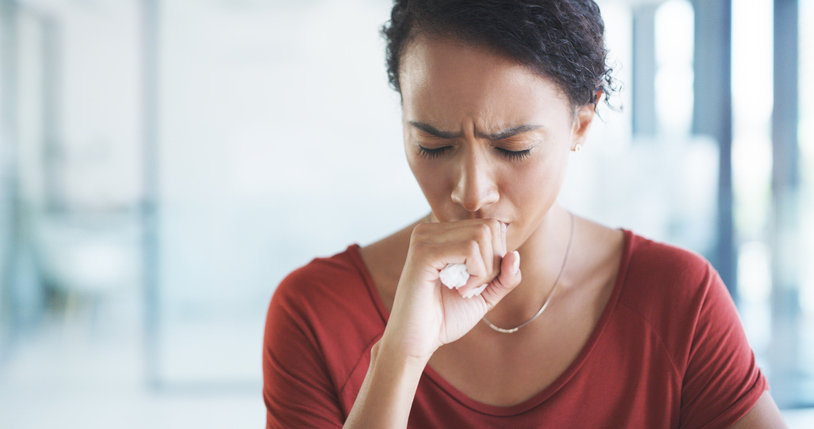
Hearing people sneeze or cough around you was a pretty normal thing, especially if you live in an area that has harsh winters. We might never again react casually to another person sneezing or coughing nearby, and it might trigger a reaction or memory of darker times.




